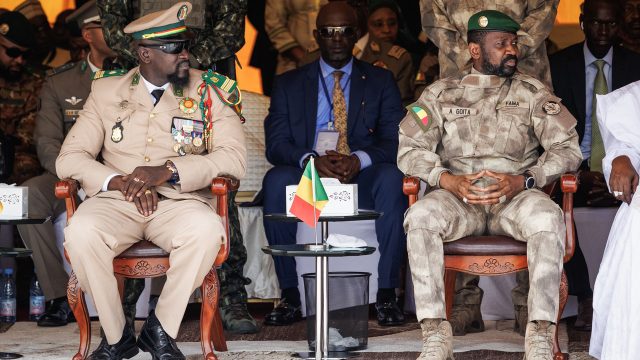
Residents of Guinea observed the lifting of internet access restrictions overnight on Thursday, marking the end of a three-month imposition by military authorities that had sparked protests.
The move followed a declaration by trade unions in the West African country announcing an indefinite general strike starting Monday. The strike aimed to pressure the junta to release a prominent media activist, reduce food prices, and restore internet access.
The military, which took power in a coup in 2021, had initially justified the internet restrictions citing security concerns.
On Monday, the transitional government, in office since July 2022, was dissolved by the junta without providing a specific reason, escalating tensions in the country.
Under international pressure, the junta pledged to return power to elected civilians by the end of 2024. However, the opposition has accused it of authoritarian tendencies.
Journalists, at the forefront of protests against media censorship, have faced significant challenges. Besides restricting internet access, major television channels have been blocked, and radio frequencies have been jammed.
Sekou Jamal Pendessa, secretary-general of the Union of Press Professionals of Guinea (SPPG), was arrested in January for participating in an unauthorized protest. Unions demand his immediate release, with a court due to rule on Friday on whether he should be jailed for six months, as per prosecutors’ request.
Since 2022, protests have been banned by the military, which ousted elected President Alpha Conde in September 2021.
The restoration of internet access in Guinea took many by surprise, sparking a flurry of social media commentary. Some criticized the transitional government, suggesting the move aimed to win favour amidst the ongoing unrest. Others saw it as evidence that the leaders only respond to pressure.



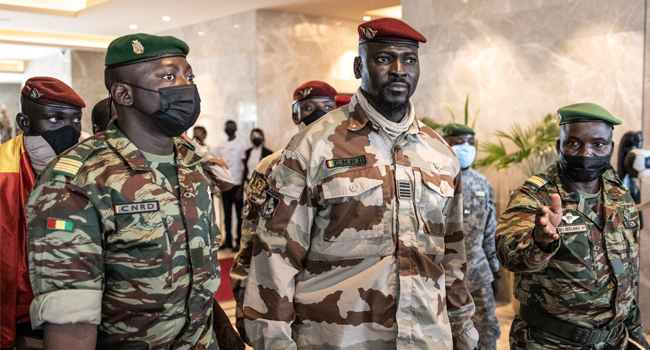
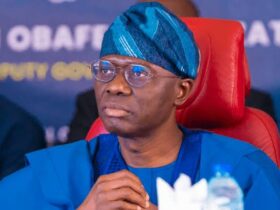

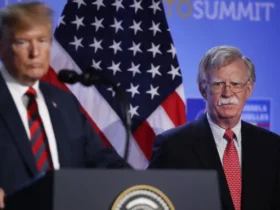
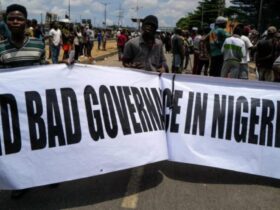

Leave a Reply